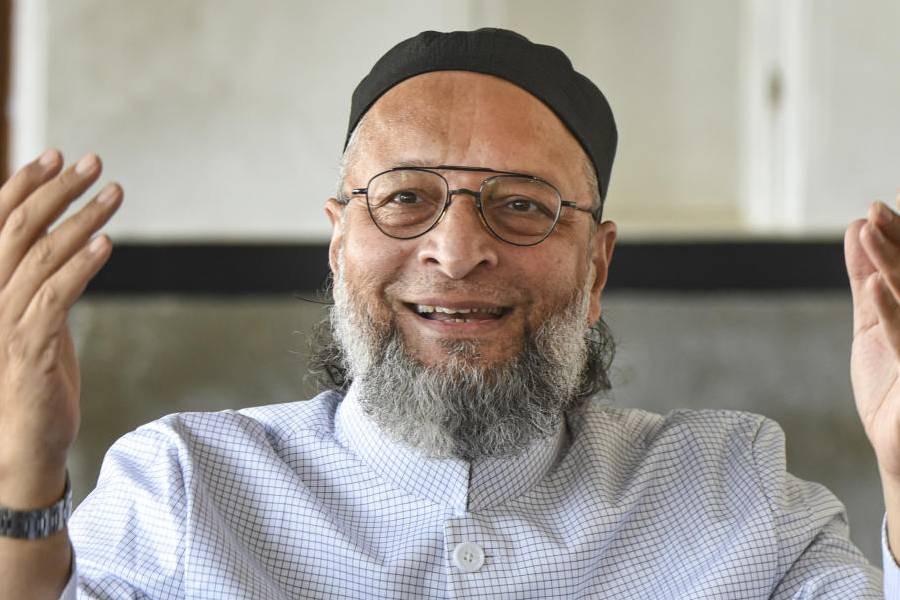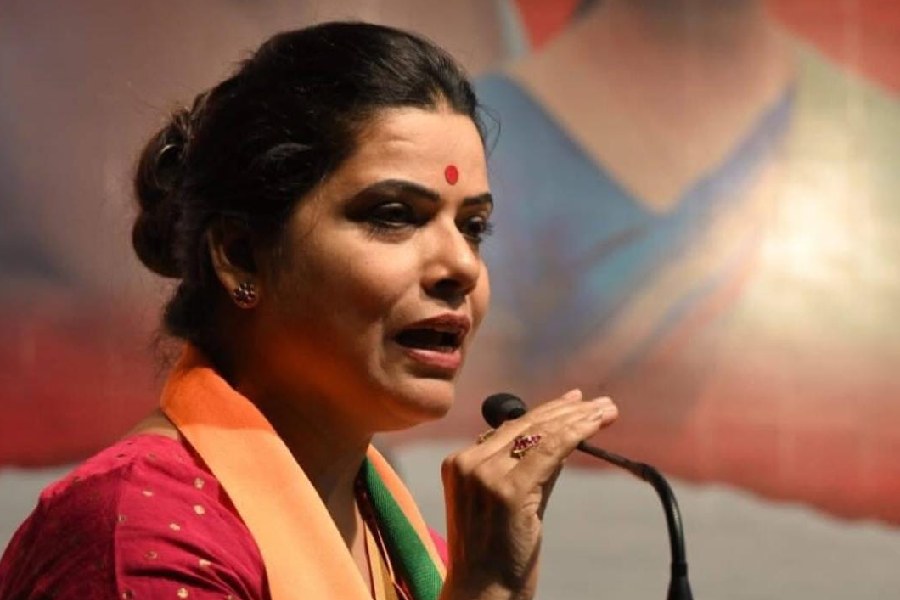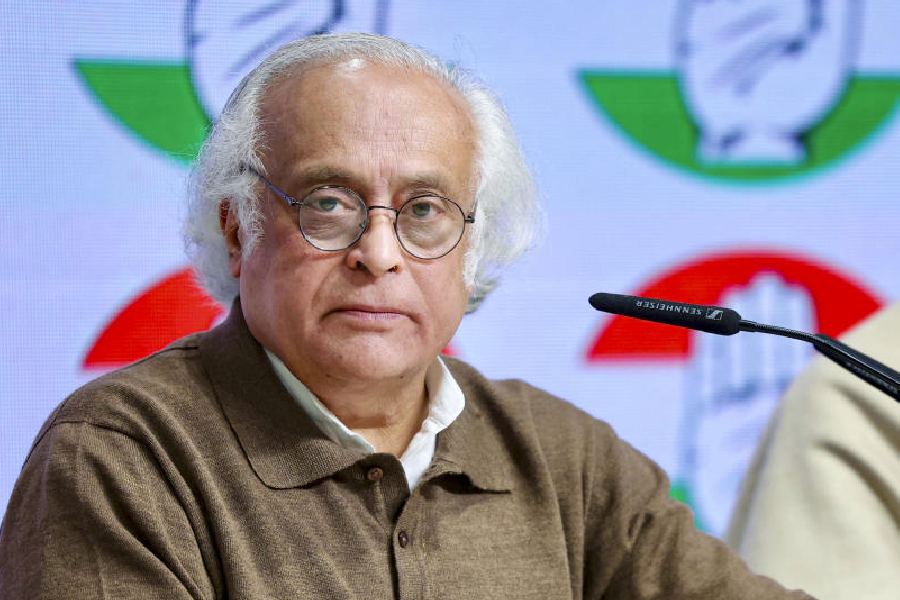|
|
Medieval India: Essays in Intellectual Thought and Culture vol. 1 Edited by Iqtidar Husain Siddiqui, Manohar, Rs 450
This book is collection of essays edited by Iqtidar Husain Siddiqui which throw light on the intellectual aspects and cultural life of the Delhi Sultanate and the Mughal empire.
Peter Hardy chalks out the overall framework of Islamic intellectual thought. The Islamic paradigm did not accept steady progress in human history. Rather, after the demise of the early Caliphate, the Islamic jurists assumed that there would be continuous decline till “judgment day”. Islamic intellectuals accepted the role of the unseen for explaining causality in human affairs, and this unforeseen is described as god’s will or the unfolding of divine power.
Most of the medieval scholars operating under the Islamic orbit travelled and interacted with foreigners for gaining knowledge. In fact, after the Greek and early Arab geographers, the Sultanate’s intellectual elite greatly expanded the geographical knowledge at the disposal of humanity. One of Siddiqui’s essays concentrates on Al-Beruni’s travel and literary output. Foreigners provided crucial data to him for conducting research. Al-Beruni’s work also provides information about navigation between Asia and Africa.
Medieval India was characterized by a titanic struggle between the ulama (religious divines) and the mashaikh (sufi saints). While the ulama preached muhaba (spiritual love of man towards God), the Sufis emphasized ishq (intense love). The tussle between religious orthodoxy and rationalist thinking finally ended in favour of the latter with the rise of the Khalji Sultanate. This somewhat shakes the communal interpretation that the Islamic polities of medieval India always supported the ulama’s orthodoxy. In addition, says Siddiqui, the Khaljis opened many madrassahs in Bihar and Bengal for the spread of education resulting in the breakdown of the hold of certain aristocratic families over education and state service.
Siddiqui says that Persian poetry composed by the Sufis provides insight into the concepts of love, beauty, religion, moral and cultural values of the elite. The idea that the Sufis were anti-militaristic peace lovers seems to be gaining ground among scholars. “Secular historians” have further emphasized the vital role played by the Sufis in bringing about Hindu-Muslim union. This image is politically right but is over-simplified. Amir Temur used certain Sufis for legitimizing his invasion of India. Moreover, Siddiqui’s own translation of several Sufi poems goes against his verdict.
Siddiqui’s presence is dominant in these essays (as he has contributed most of the articles), which enrich our understanding of the non-material aspects of medieval Indian history. He says that further research is necessary on the malfuzat literature and the tadhkiras of the Sufis in order to understand the multi-layered and multi-dimensional intellectual atmosphere of pre-British India. This could help Indian historiography escape from the sterile, bipolar, communal right versus syncretistic, left-liberal categorization of medieval Indian history.











